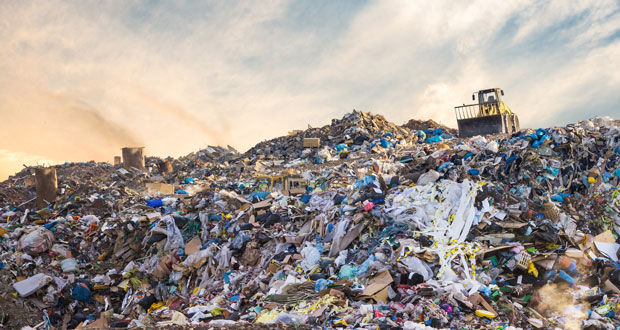A review of the 2018 Resources and Waste Strategy undertaken by CIWM (the Chartered Institution of Wastes Management) has found that only 20 per cent of the policies in the strategy have been fully implemented, with another 54 per cent only partially in place. As a result, work is yet to start on over a quarter (26 per cent) of the polices originally detailed over six years ago
The reasons cited for this slow rate of progress include frequent ministerial changes post 2018, preparing for the UK’s exit from the European Union and responding to the Covid-19 pandemic.
CIWM makes the point that while delivery of some aspects of the 2018 Resources and Waste Strategy, such as EPR (Extended producer Responsibility) and Consistent Collections, must be prioritised, the world has moved on. As a result, this strategy is now outdated will be unable to deliver a zero-waste economy which has the ability to deliver significant growth in UKGDP, increase jobs and maximise resource efficiency. CIWM believes there is an urgent need to produce a new Resource Resilience Strategy aimed at delivering a circular economy and helping the UK to achieve net zero.
Commenting on the launch of the review, CIWM’s Director of Innovation and Technical Services, Lee Marshall, said: “CIWM members have undertaken a comprehensive review of the 2018 Resources and Waste Strategy and the findings confirm that progress on implementing its policies has been incredibly slow as many in the sector thought. The ambitious scale of the strategy was never matched by the resources made available within Government to deliver it.
“Whilst it is good to see that Defra has been slightly bolstered in recent years, the fact is that political indecision has left the original timelines meaningless in many cases. There is an urgent need to see certain policies delivered, including packaging EPR and Consistent Collections which will directly increase recycling rates, whilst digital waste tracking and carriers, brokers and dealers’ reforms will help regulators address waste crime and increase standards still further. Given the picture this review paints, it is time to produce a new Resource Resilience Strategy that will help deliver on the Government’s ambition of a zero-waste economy.”
To read the full CIWM review of the 2018 Resources and Waste Strategy click here.
Frontline workers form the backbone of facilities management services, serving as the face of the brand and interacting directly with customers. Yet research by both L&G and the Living Wage Foundation reveals the majority feel overlooked and expendable.
Accelerating the problem is a growing technology gap. Despite having 2.7 billion deskless workers worldwide, representing 80 per cent of the global workforce, only one per cent of software and technology investments has been allocated to this segment. This means there is a huge disconnect between frontline workers and their headquarters, leading to lack of sufficient training, communication challenges and low employee retention.
For this webinar, FMJ has teamed up with frontline training platform Lingio to bring together a panel of experts, to discuss how easy-to-use and efficient AI tools can help create engaging and gamified learning experiences that fit the needs of underserved deskless workers. The result? Better software and learning experiences lead to improved staff engagement and reduced staff turnover by up to 95 per cent, according to McKinsey.
To register for the webinar taking place on 11 September at 11:00 am click here.





